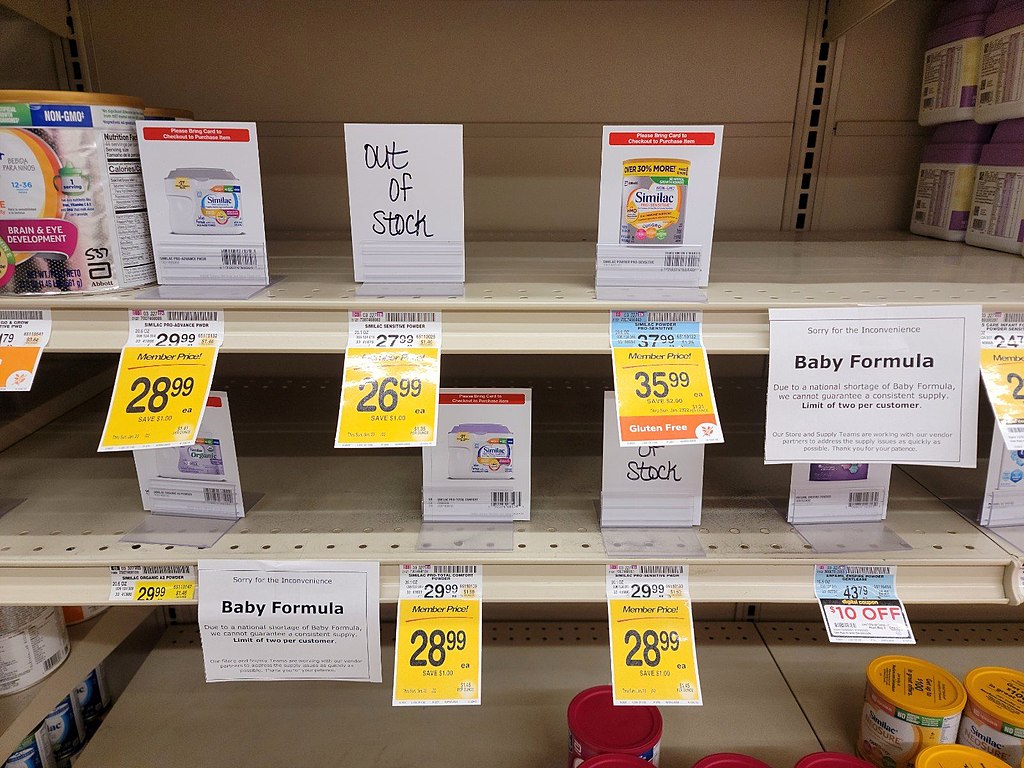By Angus McFarland
Parenting has never been easy for working people, and during the last few years the challenges have doubled and redoubled.
Precarious work, absence of paid parental leave, and low wages have created conditions where both parents (in a two parent household) must work as soon and as much as possible after their child’s birth to provide a safe and healthy home. The chance of losing employer-based health insurance while facing astronomical medical bills provides a strong incentive to keep the boss happy at all costs. We endure bad working conditions because a change of job is too risky with a child to consider. Often children’s emotional health suffers as a result of absent and stressed parents. For single parents it is much harder.
The Coronavirus pandemic kicked off a period of even greater difficulties. Daycare facilities, schools, and all kinds of activities that educate and socialize children while freeing parents’ schedules were shut down. Playgrounds, sports, or even neighborhood play was too risky. Stress on working families, already high from 50 years of neoliberal cuts to social services, soared to new levels.
Capitalists and their economists claim their system reliably provides cheap and plentiful goods, but the pandemic revealed this to be false. As millions of Americans stood shocked in front of bare grocery store shelves and toilet paper became a black market commodity, the thinness of that argument came home. People with periods are even facing a nationwide shortage of tampons! Behind the scenes corporations had been maximizing profits with just-in-time production and other cost saving methods, making the supply lines we depend on prone to collapse in the face of blocked shipping routes, disease, widespread understaffing, and war.
Even when basic necessities can be found at the store, price increases make them increasingly unaffordable. The cost of groceries rose by 10.1 percent in the 12 months before June 2022. In many cases, price increases are caused by companies price-gouging working people to increase their profits at the expense of our wallets and health. The media has been full of articles discussing food shortage concerns for the near future, due to unstable supply lines designed to minimize costs rather than ensure reliability.
The baby formula shortages have been a particularly cruel twist in the cost of living crisis, hurting some of society’s most vulnerable people. Economic stress of the kind that working families endure—such as few accomodations for pumping, early seperation of children and mothers, and lack of adequate parental leave—makes breastfeeding less likely to succeed, and formula more essential as a result. Roughly three quarters of babies rely on formula, at least as a supplement to other nutrition, by six months old. To make child rearing possible under current conditions, where most parents have to work and cannot maintain breastfeeding schedules, an affordable, available, and safe supply of formula is crucial. And yet, in February of this year, formula became unavailable, unaffordable, and unsafe.The Abbott Nutrition plant in Sturgis, Michigan, a huge producer of the U.S. formula supply, was selling formula tainted with deadly bacteria, killing 9 babies and sickening some 100 more.
Contaminated Production
For seven years the bacteria was able to enter and collect in worn-out pipes at the plant. Management at the company knew about the contamination and hid it from FDA inspectors. Instead of maintaining and updating deteriorated equipment, the company spent their profits on stock buybacks and increased dividends for shareholders. It was not until babies were dying that the FDA looked into the matter and shut the plant down.
Abbott Nutrition provides 43% of the formula in the US. Because of short-sighted supply-line practices, the loss of the Sturgis plant created a shortage for U.S. families. Parents scrambled to find the formula that their hungry children needed to grow and develop. Retailers reacted to the shortage with price hikes, ensuring that the poorest families were the least able to obtain formula.
It may be tempting to think of this whole affair as an isolated incident of corporate crime with particularly bad results. But the circumstances that combined to create the situation are par for the course under capitalism in every industry. A system that prioritizes profit over any other consideration will always be unsafe. Capitalism ensures that those who profit are never harmed by the disasters they create while the rest of us bear the brunt every time.
At the same time corporations are unable to supply food for babies, their judges on the Supreme Court are rolling back the right of working people to chose if, when, and how to have families by reversing the nationwide abortion rights ruling Roe V. Wade. Capitalism is forcing working class people to have children while it is incapable of guaranteeing affordable food, shelter, healthcare, or childcare.
The solution to the formula shortages and rising food costs is to produce for need, not profit. A workers’ government could nationalize and plan production, better monitor the labs, farms, and factories to ensure consumer safety, and implement price controls to ensure basic goods remain affordable.
The labor movement in the United States took up demands for price controls during the Great Depression and World War Two, and must do so again during this period of devastating inflation. If unions take up the struggle to end hunger, putting their political efforts toward independent left candidates and a new workers’ party, we can win immediate concessions from the capitalists to guarantee the right to safe, nourishing food and other necessities. In order to fight for the wellbeing of families, the workers movement must organize for price controls on food, shelter, and energy; guaranteed parental leave and legal abortion; and universal healthcare and childcare.
Image Credit: John Crowley via Wikimedia Commons // CC-BY SA 2.0

